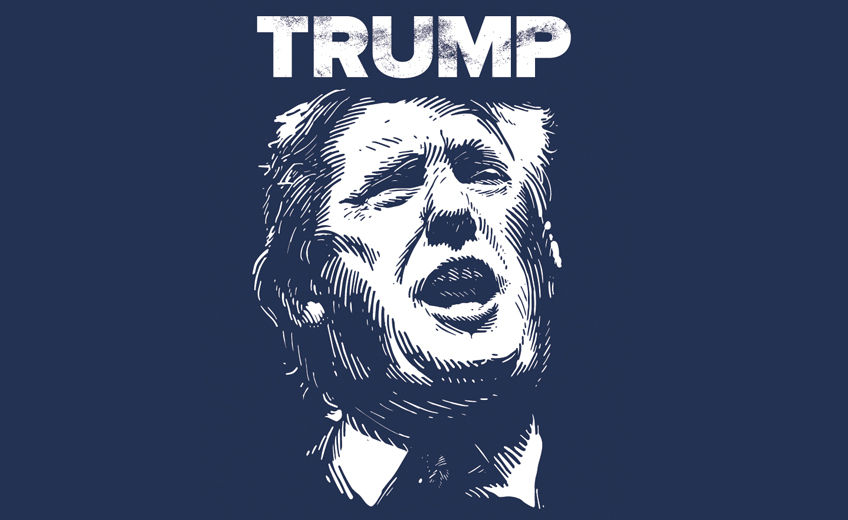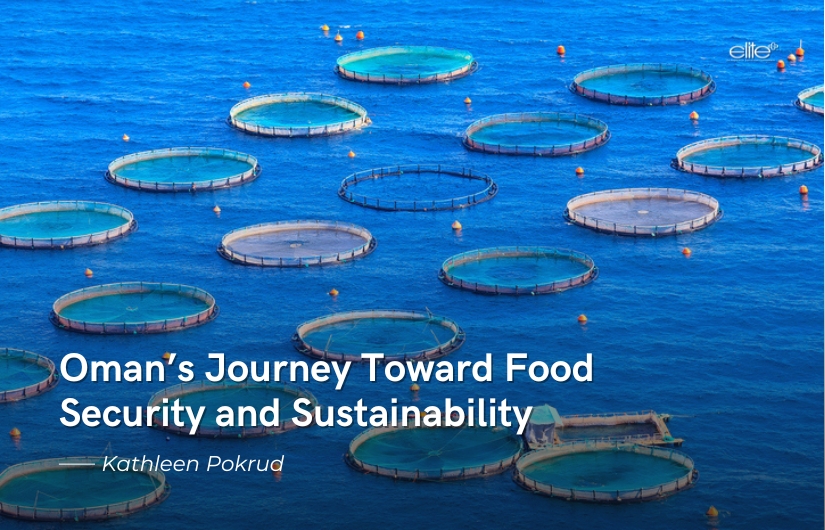Anacyclosis is an ancient doctrine positing the cyclical nature of political evolution. Polybius in the 2nd century BC was its most eloquent espouser, a Greek historian focusing on the rise and fall of civilizations. He wrote that monarchy inevitably descended into tyranny as descendants of benign monarchs became corrupt. This was followed by revolution led by the aristocracy, which in turn descended into oligarchy as their descendants began to lead in their own self-interest. The following revolution would lead to democracy, rule by the many, which paved the way for progress. Polybius predicted, however, that the descendants of democrats would grow up with a sense of entitlement and become corruptible, leading to ochlocracy, meaning "mob rule", rule by those conditioned to accept the pandering of demagogues.
Over two millennia later, this sounds very prescient. From Brexit to Geert Wilders, Marine Le Pen and the rise of Philippine President Duterte, populist movements led by telegenic figures who openly say what many secretly think are rejecting international alliances and migration, reacting to concocted fear and turning on scapegoats, as the masses want to shake things up in the hope that a new order will benefit them more than the corrupted self-serving elite in power, or the outsiders coming in to make a home for themselves.
- Trump’s win in context
Donald Trump began his campaign for the US presidency by calling Mexican immigrants rapists and inventing false statistics on employment, crime and terrorism. No major newspaper endorsed him, but the media, surviving on advertising revenue tied to clicks and viewers, fed on his entertainment value. Outlandish statements were given prominence and normalized, and Trump was never far from the spotlight. Accusations of sexual misconduct, business malpractice and tax evasion failed to stick to him. His platform was one of fear, resentment and reinstating white privilege. He had some late help from the FBI, which hinted at misconduct by Hillary Clinton that turned out not to exist; from Russian intelligence, which hacked into the email accounts of leading democrats; from phony conspiratorial news sites, which look as genuine as traditional fact-based media on Facebook and Twitter feeds.
The Electoral College system that was designed to neuter populist demagogues instead did the opposite, enabling manipulation by creating voter restrictions and reducing turnout in key swing states. Polls for ABC News said 61% of voters considered him unqualified to be president, and only 34% said he had the right personality and temperament. His biggest majority was with whites without a university degree.
Even so, Trump lost the popular vote. Out of 231,556,622 eligible voters, 41.9% didn’t vote, 26.7% voted for Clinton and 26.3% voted for Trump. Hardly convincing as a sign of democracy in action or the will of the people. Trump, a reality television star and real estate mogul with no experience in politics, raised less money than Clinton, had little campaign organization and relied largely on social media to push an often racist, authoritarian and protectionist agenda.
_1460494468.jpg)
And yet his Republican Party won control of the House of Representatives and the Senate, meaning there will be few checks on his rule. He has already promised to disempower media opposition, lock up political rivals, weaken the ability of the judiciary to oppose him and undo Obama’s trade deals, health care act and environmental protection acts; there is no reason to think victory will make him rethink these or change his disdain for democratic norms.
The rule of law will suffer, as will the moderation and compromise that have been a mainstay of the post-Cold War order. There is the genuine possibility of deportation forces in the US to round up the 11 million undocumented migrants who make up 6% of the workforce. They could even be forced to build his proposed wall on the Mexico border, a form of indentured labour force. Trump could also come good on his declarations to ban Muslims from entering the country, to punish women seeking abortions, to expand the use of torture and nuclear weapons in war. Conservation of the environment and climate change will be forgotten. The environment did not feature in the campaign and Trump once declared global warming to be a hoax perpetrated by the Chinese. The cancelling of trade agreements and imposition of new tariffs could imperil the global trading system. Like-minded nationalists, populists and authoritarian regimes around the world will feel emboldened.
- What it means for Eurasia
Trump has voiced disdain for military alliances such as NATO, saying members must pay up to receive US protection, much like a mafia racketeering operation. The Brexiteers feel vindicated and far-right populists across Europe empowered by the shift towards US populism. Dutch nationalist Geert Wilders said the Americans were taking their country back.
France will be the next big democracy to vote next year, and Marine Le Pen, leader of the far-right National Front, will feel she has as much of a chance of winning as Trump did. She is leading among the French working class and is similarly sympathetic to Russia. Russian banks have funded her campaigns.
The message the European populists have in common is their focus on building policies based on rejection, nationalism and nostalgia rather than fact or the opinions of experts. They want to undo the European Union and the spirit of compromise and collaboration that has maintained peace and stability on the continent for 60 years.
In the Ukraine, Syria and elsewhere, Russian strikes and incursions are likely to continue and grow bolder. In central Asia, US forces in Afghanistan’s struggle against the Taliban are likely to be withdrawn. The nuclear deal with Iran may be rescinded, leaving Iran free to develop nuclear weapons and Israel to retaliate. Many countries will be left alone to fend off their domestic and foreign foes. Islamic extremists such as ISIS and Al Qaeda, long hoping for a Trump victory, will benefit from the polarizing consequences of Trump’s policies, as more moderate Muslims take to violent activism. The Middle Eastern governments will use more severe and unilateral methods to control extremism and domestic opposition.
In East Asia, one of the likely developments will be the weakening of US alliances as China moves into the power vacuum caused by Trump’s isolationism. Japan and South Korea, left to their own defences, are more likely to expand their armies and weaponry and invest in a nuclear deterrent. North Korea could react unpredictably. Non-proliferation treaties in the region will be undone.
China, faced with deteriorating relationships with Taiwan and Hong Kong, would be free to wrest democratic governments away and impose reunification by force. Trump is unlikely to be interested in sacrificing US lives or money to deter Chinese posturing in the region.
Trump’s support for protectionist tariffs will mean the 12-nation Trans-Pacific Partnership, the trade deal consolidating commercial interests in the broader Asia-Pacific, will fail.
Without opposition, expansion into the South China Sea will continue, and regional economic projects such as the One Belt, One Road initiative will accelerate as the US withdraws. Not all of these changes will be negative for the region, but there will be a necessary and lengthy readjustment period.
- The impact on Southeast Asia
In Southeast Asia, the ramifications will be wide-ranging and unpredictable. US military partnerships with the likes of Thailand and the Philippines could be neglected. Promoting democracy, human rights and international law will be less of a priority. Encroachments in the South China Sea will be overlooked. As the US focuses on domestic political and economic issues, ASEAN will be weaker to fend off China’s influence.
There is much regional support for Trump, however. Cambodian Prime Minister Hun Sen, consolidating his rule recently as opposition leaders are imprisoned or exiled, has long voiced his admiration.
Malaysian Prime Minister Najib Razak, who has stared down serious corruption charges and been a golfing buddy of Trump, was one of the first leaders to voice his delight at the election results. “His appeal to Americans who have been left behind – those who want to see their government more focused on their interests and welfare, and less embroiled in foreign interventions that proved to be against US interests – have won Mr Trump the White House,” he said. Rodrigo Duterte, president of the Philippines, who had lashed out at the US following his inauguration and supported closer ties with China, also offered his congratulations. “We are alike,” he said of Trump. “We both swear.”
“We have intensified our hedging between China and the US,” said a Vietnamese official shortly before the election. Now that hedging may tilt more towards the former, despite popular nationalist sentiment regarding China’s South China Sea incursions.
Indonesia, likewise angry at Chinese fishing boats in its waters, may work more closely with Australia if there is no détente with Beijing. Its population, like Malaysia’s and Brunei’s, may resent Trump’s rhetoric against Muslims. Myanmar, the only country in the region shifting towards greater democracy, will feel more isolated and less pressure to continue reforms.
In Singapore’s model of carefully controlled, strong governance, Trump’s win reinforces its ideas on the perils of democracy – as a chaotic, unpredictable farce that can do a country more
Thailand’s military government was initially quiet on the surprise US election results, but it is likely to have less outside pressure to accelerate democratic elections, adhere to international commitments or preserve human rights. In China it has an active economic partner and one that will remain quiet on elections or humanitarian issues.harm than good.
For the immediate region and around the world, Brexit, Trumpism and the consolidation of strongmen could mark the start of a new world order – of ochlocracy, volatility and demagoguery, much as Polybius predicted over 2,000 years ago.
































































































































































































































































































































































































































































































































































































































































































































































































































































































































